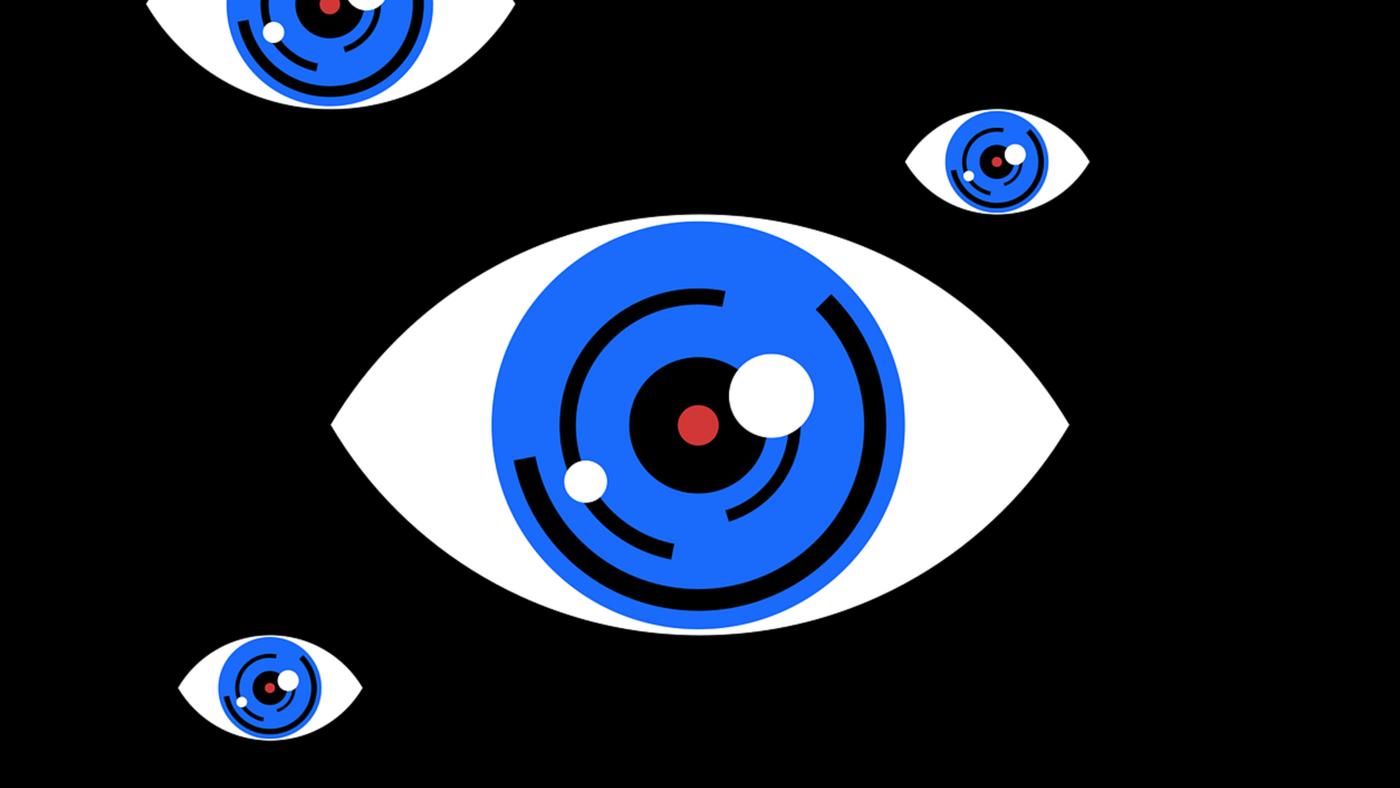Only two outright rejections
Knowledge embargo: 15 red flags in five years

The international community believes that Iran, North Korea and Russia should not be allowed to acquire knowledge that could enable them to develop or improve weapons, including nuclear ones. For this reason, knowledge embargoes are in place, with which the Netherlands must also comply.
As a result, since 2019, universities and universities of applied sciences in the Netherlands have been required to apply for exemptions for all participants in certain courses and projects. This applies to everyone, not just Iranians, Russians and North Koreans.
Rejections
More than two thousand applications have been submitted, resulting in two outright rejections. In addition, an increased security risk was identified in thirteen cases, according to the Minister of Education, Eppo Bruins, in a letter to the House of Representatives.
The current regulations on knowledge embargoes are coming to an end. They will soon be incorporated into a screening process for students and scientists in a much larger number of sensitive fields.
No money
Several institutions in the higher education sector are concerned about this screening, especially research universities and the Royal Netherlands Academy of Arts and Sciences (KNAW), as they believe it will harm international cooperation. Moreover, the cabinet has not allocated any funds for this, which the universities consider ‘unacceptable.’
The cabinet wants to take action nevertheless, as the previous cabinet had already planned to do so. ‘Academic freedom and institutional autonomy are not unlimited when it comes to security,’ Bruins writes in his letter.
It is estimated that around 8,000 researchers and Master's students will have to undergo this screening each year because of their interest in subjects such as quantum cryptography, generative AI or radar technology. This represents 40 per cent of young researchers in science and technology. Master's students will be added to that number. This will cost higher education several million euros a year, plus around 32 million euros to get the project going.
Leakage
The Dutch government wants to use this national screening to prevent certain knowledge from leaking out. It is no longer just about Iran, Russia and North Korea, but also about “state actors” such as China. It is believed that the country could strengthen its army with knowledge from the West.
However, the institutions themselves already have knowledge security measures in place after following a series of incidents and alarming reports about certain countries, China in particular. They have rejected hundreds of applications from foreign researchers and students in several fields, following the advice of their security committees.